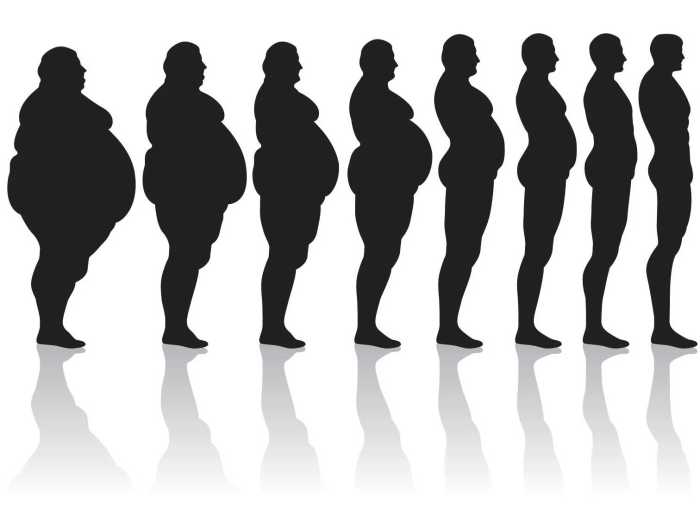Sandra wants to improve her body composition – Sandra’s desire to improve her body composition sets the stage for this enthralling narrative, offering readers a glimpse into a story that is rich in detail and brimming with originality from the outset. As we delve into the intricacies of body composition and explore the strategies employed by Sandra, we uncover a wealth of knowledge that empowers individuals to embark on their own transformative journeys.
The following paragraphs provide a comprehensive overview of the topic, encompassing the fundamental principles of body composition, the multifaceted factors that influence it, and the effective strategies that can be implemented to achieve desired improvements. We delve into the nutritional considerations, exercise regimens, and psychological factors that play a crucial role in shaping body composition, equipping readers with the tools they need to make informed choices and achieve their fitness goals.
Understanding Body Composition

Body composition refers to the proportions of different components that make up the human body, primarily fat mass, muscle mass, and bone density. Understanding body composition is crucial for overall health and fitness as it provides insights into body weight distribution and the relationship between lean and fat tissues.
Methods for measuring body composition include bioelectrical impedance analysis (BIA), dual-energy X-ray absorptiometry (DXA), and underwater weighing. These techniques provide accurate estimates of fat mass, muscle mass, and bone mineral content.
Factors Affecting Body Composition
Body composition is influenced by various factors, including:
- Genetics: Genetic predispositions can impact body fat distribution and muscle composition.
- Age: With age, muscle mass tends to decrease, while fat mass increases, leading to a shift in body composition.
- Gender: Men generally have higher muscle mass and lower body fat percentages compared to women.
- Lifestyle: Physical activity, dietary habits, and overall lifestyle choices significantly impact body composition.
Strategies for Improving Body Composition
Improving body composition involves adopting healthy lifestyle habits and targeted interventions.
Nutritional Considerations:
A balanced diet is essential for maintaining a healthy body composition. Focus on consuming nutrient-rich foods, including:
- Lean protein: Supports muscle growth and repair.
- Complex carbohydrates: Provides sustained energy and supports metabolism.
- Healthy fats: Contributes to hormone production and cellular function.
Calorie intake should be tailored to individual needs and goals, considering factors such as age, gender, activity level, and body composition.
Exercise Regimen:
Regular exercise plays a crucial role in improving body composition.
- Resistance training: Builds muscle mass, which increases metabolism and fat burning.
- Cardiovascular exercise: Improves cardiovascular health and promotes fat loss.
- Flexibility exercises: Enhance range of motion and prevent muscle imbalances.
Monitoring and Evaluation, Sandra wants to improve her body composition
Tracking progress and monitoring body composition over time is essential for evaluating the effectiveness of interventions.
- Body measurements: Circumference measurements (e.g., waist, hips) can provide an indication of changes in body fat distribution.
- Progress photos: Visual documentation can help assess body composition changes.
- Professional assessments: Body composition can be professionally measured using techniques like BIA or DXA for precise data.
Additional Considerations
Psychological Factors:
Motivation, mindset, and emotional well-being can influence adherence to healthy habits and body composition goals.
Supplements and Medications:
While supplements and medications may be used to support body composition goals, it’s crucial to consult with a healthcare professional to assess potential benefits and risks.
Professional Guidance:
Consulting with a healthcare professional or registered dietitian can provide personalized guidance, support, and accountability for improving body composition.
Frequently Asked Questions: Sandra Wants To Improve Her Body Composition
What is body composition?
Body composition refers to the proportions of different components that make up the human body, including fat mass, muscle mass, bone density, and water.
What factors influence body composition?
Body composition is influenced by a combination of genetic, environmental, and lifestyle factors, including age, gender, diet, and physical activity levels.
What are the benefits of improving body composition?
Improving body composition can lead to numerous health benefits, including reduced risk of chronic diseases, improved mobility, and enhanced overall well-being.
How can I improve my body composition?
To improve body composition, it is essential to adopt a comprehensive approach that includes a healthy diet, regular exercise, and adequate sleep.

